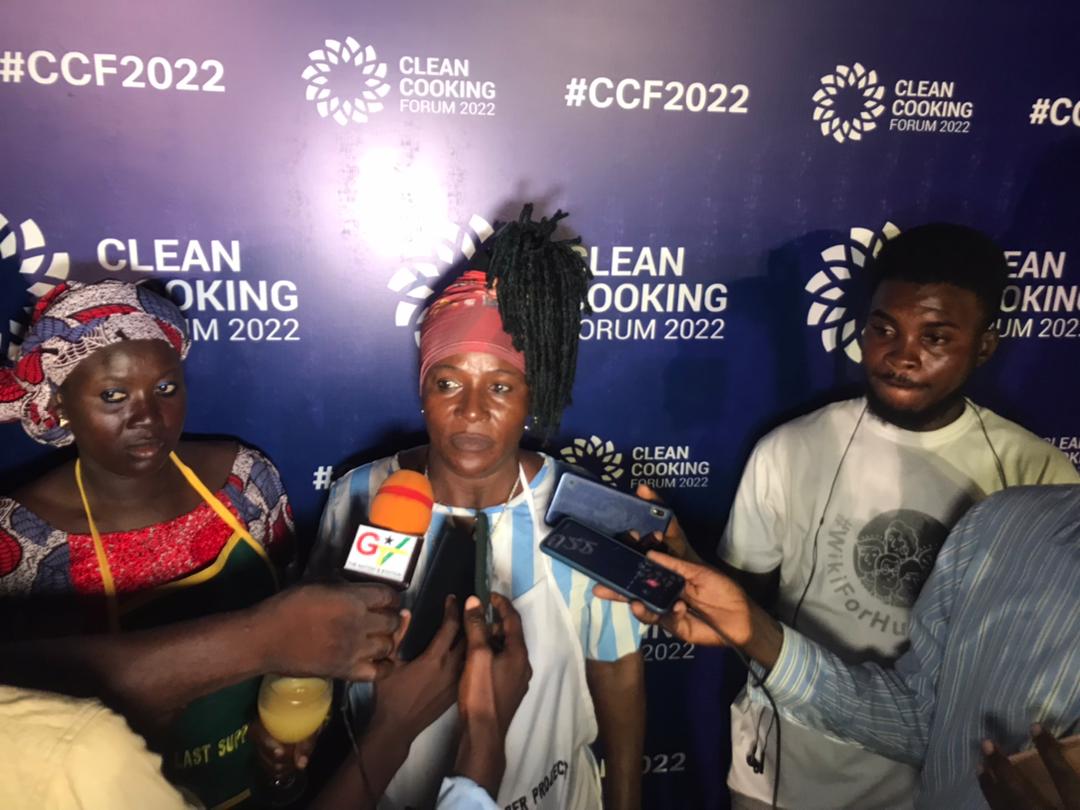Story by: William Sarpong
A study study done in Accra by a team of researchers and cooks set out in August 2022 indicated that, using electricity for cooking is far cheaper than using charcoal and gas.
The researchers in their study, compared the cost of cooking with electricity, vis-a-vis other traditional cooking fuels popular in urban Accra such as charcoal, and gas.
It was discovered that, currently only 1% of Ghanaians use electricity as their primary cooking fuel.
More than 87% of Ghanaians it came out, have access to electricity, yet more than 70% are still using biomass fuels for their cooking.
The study was done in Accra and the numbers are based on current prices there.
This came to light during the launch of “The Ghana eCOOKBOOK” publish by the Modern Energy Cooking Services Programme which forms part of its series of eCookbooks.
The Director for Renewable Energy at the Ministry of Energy, Ing. Seth Agbeve Mahu in an interview disclosed that, data available indicate that using electricity for cooking is cost effective and affordable with multiple benefits including health, demand for electricity etc and, can help Ghana to inject more renewable energy into the system.
“It can also help address other social issues. So, I see the use of electricity for cooking as the way to go not for the future but for now”.
He said if people in other countries uses electricity for cooking and it is cheaper, it is the same manner that Ghana can also use and would be cheaper.
According to him, what is needed most now has to do with awareness creation of the benefits associated with the use of electricity for cooking added that, when you cook at the non-peak hours with electricity, the cost is very low than the peak hours.
Most of the electric cookers he mentioned, comes with facilities that enable the user to keep the food warm for a very long time.
“Using firewood to cook is cost to the environment and is something we take it for granted. The change in rainfall patterns, flooding etc contributed to the over exploitation of the environment. We need to send a clear message to everybody of the environmental cost when using charcoal and firewood to cook. The use of electricity to cook will help us address that cost. We also need to ensure that there is target driven programmes and incentives”.
He was of the view that, if the cost of appliances for cooking are so high, the government can use tax exemption to ensure that companies that produces the technology come to Ghana and produce them in large scale in other to drop price down for the poor to have access in terms of affordability after giving them incentives.
A beneficiary of an electric pressure cooker who shared her experience in an interview, Madam Salamatu said, using electricity for cooking is economical, save time and money likewise, environmental friendly.
She added that, the advantage in using electricity for cooking as compared to charcoal and firewood is about its cheapness.
“Cooking with electric pressure cooker consumed less electricity. It can cost you less than Gh¢1.00 for 45 minutes as compared to charcoal and gas that costs Gh¢3.00”.
Madam Salamatu therefore, advised the general public to go for electric pressure cooker to be able to save cost and time.
On his part, Prof. Ed Brown, Research Director, Modern Energy Cooking Services said that cooking with electricity was very cheap compared to cooking with charcoal or LPG as their latest eCookbook proofs, cooking a series of local dishes repeatedly with different fuels.
Electricity he mentioned, came out 2-4 times as cheap for jollof, kontomire with yam, Banku with Okro Stew, TZ, beans stew with Plantain.
Prof Ed Brown did however mention the reduction of price for electric appliances through subsidies or reduction on import tariffs to enable consumers to adopt truely clean cooking with electricity.
According to him, people always have in mind that electricity would be very expensive when using to cook.
He urged the government of Ghana to help bring the cost of electricity down so that, people can afford to cook with electricity especially the poor in other to save the environment.
Source: www.thenewindependentonline.com








